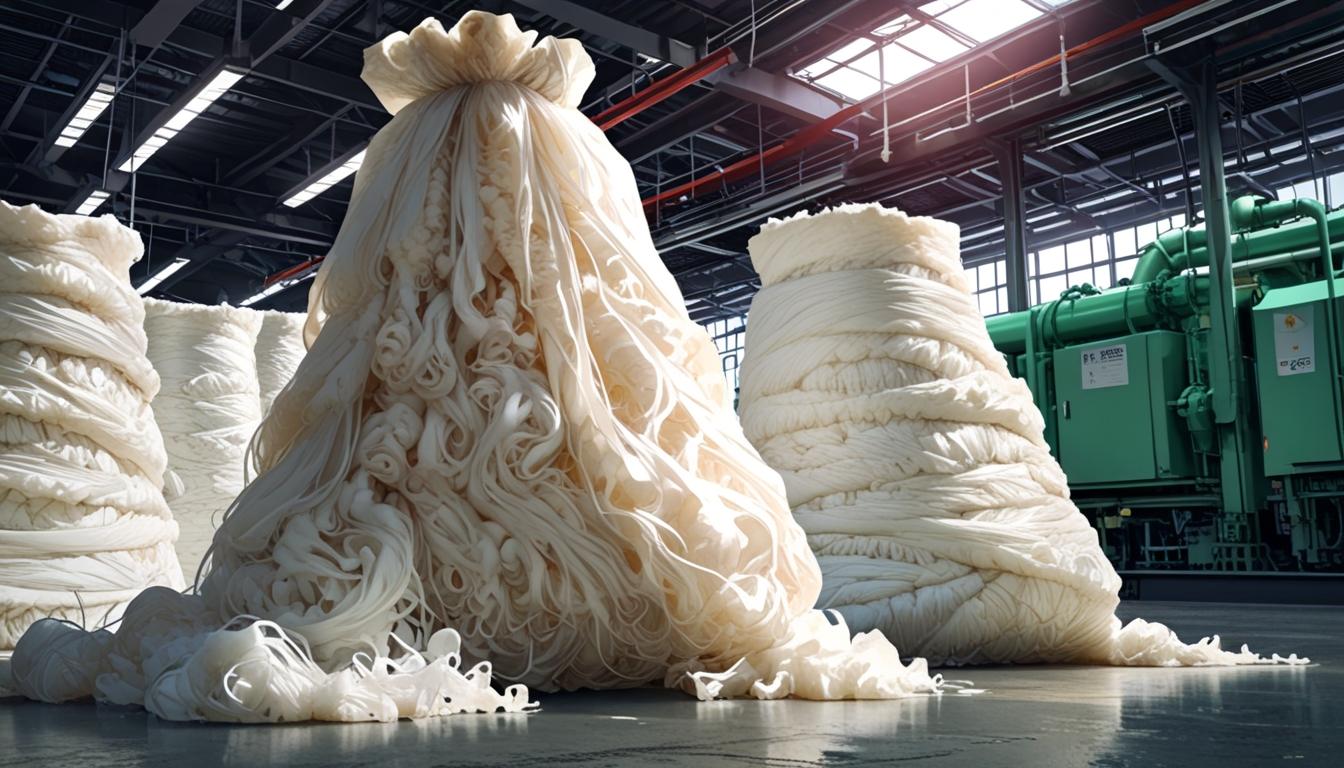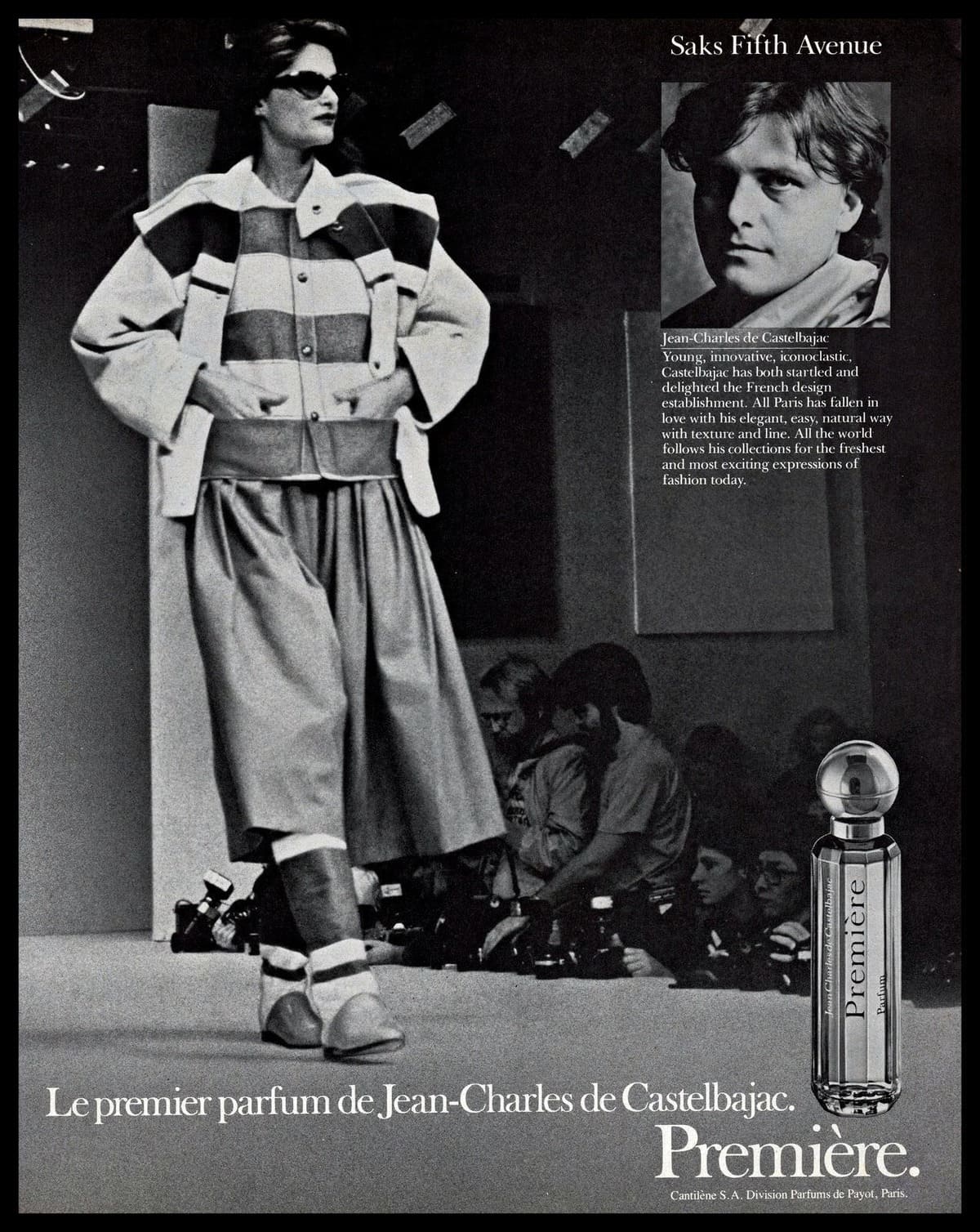BASF pioneers the production of Loopamid, an innovative nylon polymer made from textile waste, driving sustainability in the fashion industry.
Global chemical industry leader BASF has launched the world’s first commercial facility dedicated to the production of Loopamid, an innovative nylon 6 polymer made entirely from textile waste. This facility represents a significant step towards promoting sustainability and circularity within the textile industry, providing a more eco-friendly alternative for various applications, including knitting, hosiery, and other fabric-related sectors.
Located in an undisclosed region, the new plant currently utilizes industrial textile waste, comprising fabric offcuts, defective items, and cutting scraps produced during the manufacturing process. BASF’s vision extends beyond these initial materials; the company plans to incrementally incorporate a higher percentage of post-consumer textile waste into production.
BASF’s commitment to the development of Loopamid aligns with its overarching “Winning Ways” strategy. “As an integral part of our Winning Ways strategy, we utilize our chemistry to develop solutions for the biggest challenges of our time,” said a BASF spokesperson. “Loopamid transforms textile waste into a valuable resource, helps save raw materials, and closes the textile loop.”
This pioneering approach not only aims to reduce waste in the textile industry but also seeks to create a closed-loop system where discarded textiles can re-enter the production cycle as valuable materials, thereby fostering a more sustainable environment. The introduction of Loopamid could potentially lead to broader changes in the industry, influencing manufacturers to reconsider waste management practices and explore alternatives to traditional textile production methods.
As the initiative progresses, BASF’s expansion of post-consumer textile waste integration could mark a pivotal moment in the quest for circularity within the textile sector, setting a benchmark for sustainable practices across the globe.
Source: Noah Wire Services




